In 2024, information security is a major concern that will never go away totally. ISO 27001 is a globally recognized standard for information security management systems (ISMS). It offers organizations a framework for implementing a systematic approach to controlling information security threats. ISO 27001 compliance can benefit every business that handles confidential data. Whether it be financial information, client details, or intellectual property, all types of data must be secure.
Businesses of all sizes handle sensitive data to prevent unauthorized access. Any tampering or modification of critical data can do significant damage to the company’s reputation. In this blog, we are going to look over the fundamentals of ISO 27001 compliance, including why companies need to comply with it. We would further understand the framework, its impact on businesses, the implementation process- its roles checklist, and the framework. Furthermore, we would conclude with Kratikal’s approach to guide your business to be ISO 27001 certified.
Table of Contents
Framework of ISO 27001 Compliance
ISO 27001, an integral part of the ISO/IEC 27000 family of standards, is a systematic strategy for keeping critical enterprise information secure. It applies a risk management process to people, processes, and information technology systems. At its core, the standard promotes the creation, implementation, maintenance, and continual improvement of an Information Security Management System (ISMS).
ISO 27001 Compliance for Businesses
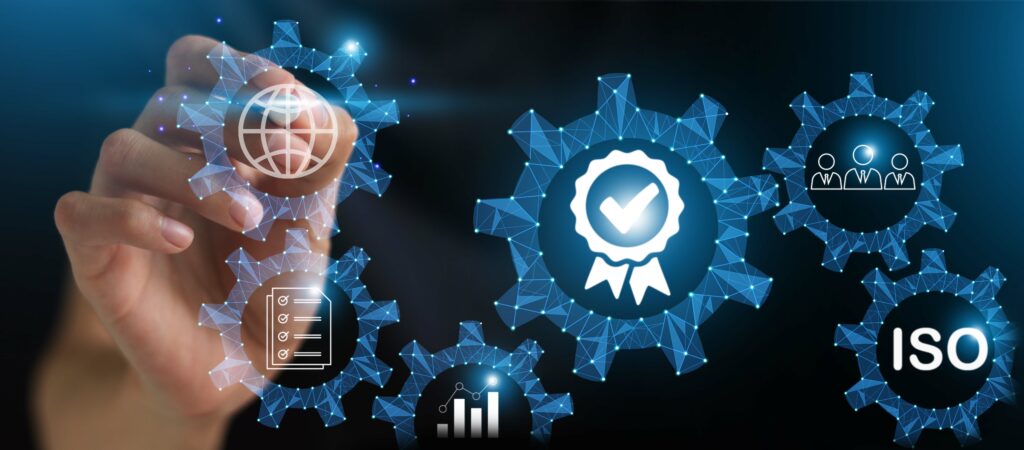
Here’s why a globally-recognized standard like ISO 27001 is a major need for businesses:
Client Trust: Adherence and implementation of compliance with a standard like ISO 27001 builds trust with clients and stakeholders. It shows your commitment to protecting their data.
Competitive Advantage: In today’s data-driven world, strong information security is a competitive advantage. Clients are increasingly looking for partners or businesses that prioritize security.
Meet Compliance Requirements: Many regulations, like GDPR (General Data Protection Regulation) in Europe, overlap with ISO 27001 standard controls. Implementing an ISMS can help meet compliance requirements efficiently.
Applicability Across Industries
One of the most prominent aspects of ISO 27001:2022 is its industry-agnostic framework. Any organization that manages client data, whether in healthcare, finance, information technology, or manufacturing, can benefit from implementing ISO 27001 standards. It is especially important in companies that deal with extremely sensitive personal data, where a data breach can have disastrous financial and reputational consequences.
Company Specific Requirements
Each organization’s journey to ISO 27001 certification is unique, and influenced by its size, industry, and specific risk profile. The first step involves a thorough assessment of the current information security practices and the development of a tailored ISMS that aligns with ISO 27001’s requirements. This typically encompasses policy formulation, risk assessment, and the establishment of security controls.
The Implementation Process: Roles and Checklist
The Lead Implementer and the Auditor
The implementation process is led by a Lead Implementer, who is in charge of project management for the ISMS implementation. This role includes working with multiple parties, conducting risk assessments, and ensuring that all relevant security controls are in place. Additionally, an Internal Auditor is assigned to review and analyze the ISMS against the ISO 27001 standard, finding potential areas of improvement.
External Audit and Certification
Following the internal audit, an external audit is performed by an accredited certification authority. This two-stage approach determines whether the ISMS meets the ISO 27001 standard. The first step evaluates paperwork and readiness. The second stage conducts a thorough review of the ISMS in practice. Successful completion leads to ISO 27001 certification.
Checklist of a Lead Implementer
- Conduct a gap analysis to identify areas where your current practices fall short of ISO 27001 requirements.
- Develop and implement an ISMS policy.
- Identify information assets and conduct a risk assessment.
- Select and implement appropriate security controls.
- Document information security policies and procedures.
- Train employees on information security awareness.
- Conduct internal audits to assess the effectiveness of the ISMS.
Kratikal’s Approach to ISO 27001 Compliance
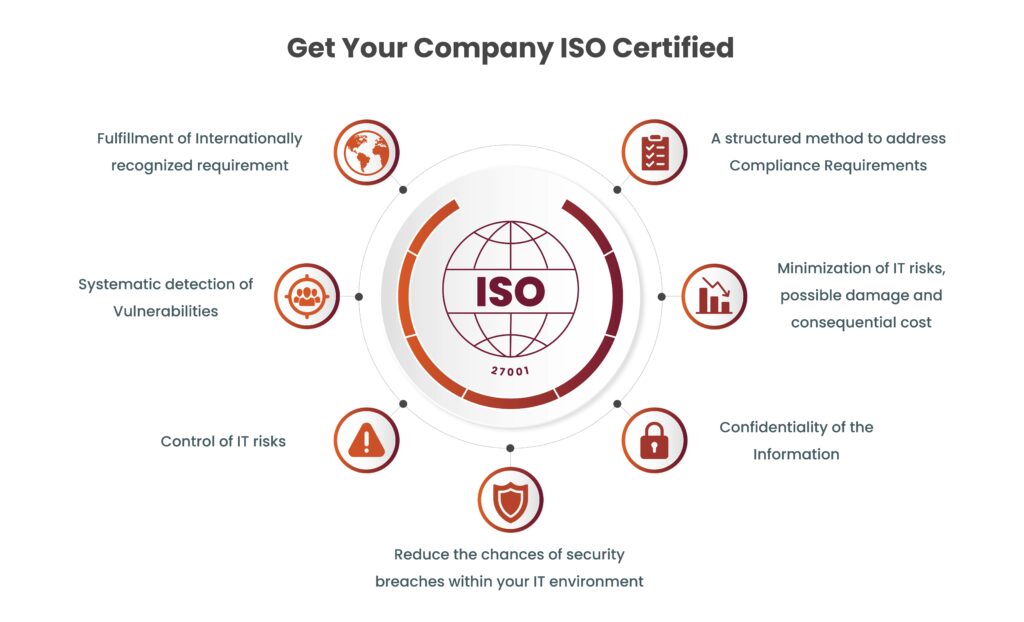
Kratikal’s approach to ISO/IEC 27001 compliance involves several key stages, starting with policy drafting to ensure the organization’s policies align with ISO/IEC 27001 guidelines. This is followed by a gap assessment to identify compliance levels and areas needing improvement. Implementation then puts these policies into action, addressing identified gaps and strengthening information security. Auditing and training ensure the organization’s ISMS meets the standard’s requirements, leading up to certification, which validates the effective implementation of the ISMS. For a more detailed breakdown, you can visit Kratikal’s page on their ISO 27001 compliance approach.
Conclusion
ISO 27001 is more than just a certification; it represents a commitment to maintaining the highest possible standards of information security. Organizations that use ISO 27001 compliance can protect themselves from information security threats, improve their reputation, and gain a competitive advantage. The path to ISO 27001:2022 certification may appear overwhelming, but the rewards outweigh the hurdles.
Kratikal can provide expert guidance and support if your business wants to be ISO 27001 certified. Kratikal, with a strong grasp of the ISO 27001 standard and a team of skilled experts, will guide you through the complexity of implementing an ISMS. We have been a part of the cybersecurity industry for the last 10 years and we are one of the top 10 businesses in India to provide ISO 27001 compliance as a service. We ensure that your organization achieves and maintains ISO 27001 certification.
To summarise, ISO 27001 certification is an important step for organizations looking to protect their information assets in today’s digital age. Businesses that adhere to this widely recognized standard may demonstrate their commitment to information security, earning the trust of customers, partners, and stakeholders worldwide.
FAQ
- What is ISO 27001 Compliance?
ISO/IEC 27001 is a standard compliance certification issued by the International Organization for Standards to organizations. Apart from serving as a standard certification it also lays down a detailed list of guidelines for the ISMS ( Information Security Management System) of an organization.
- What is the main objective of ISO 27001?
ISO 27001’s primary objective is to guide businesses in maintaining the security of their assets such as financial data, private information, and information entrusted to them by third parties.


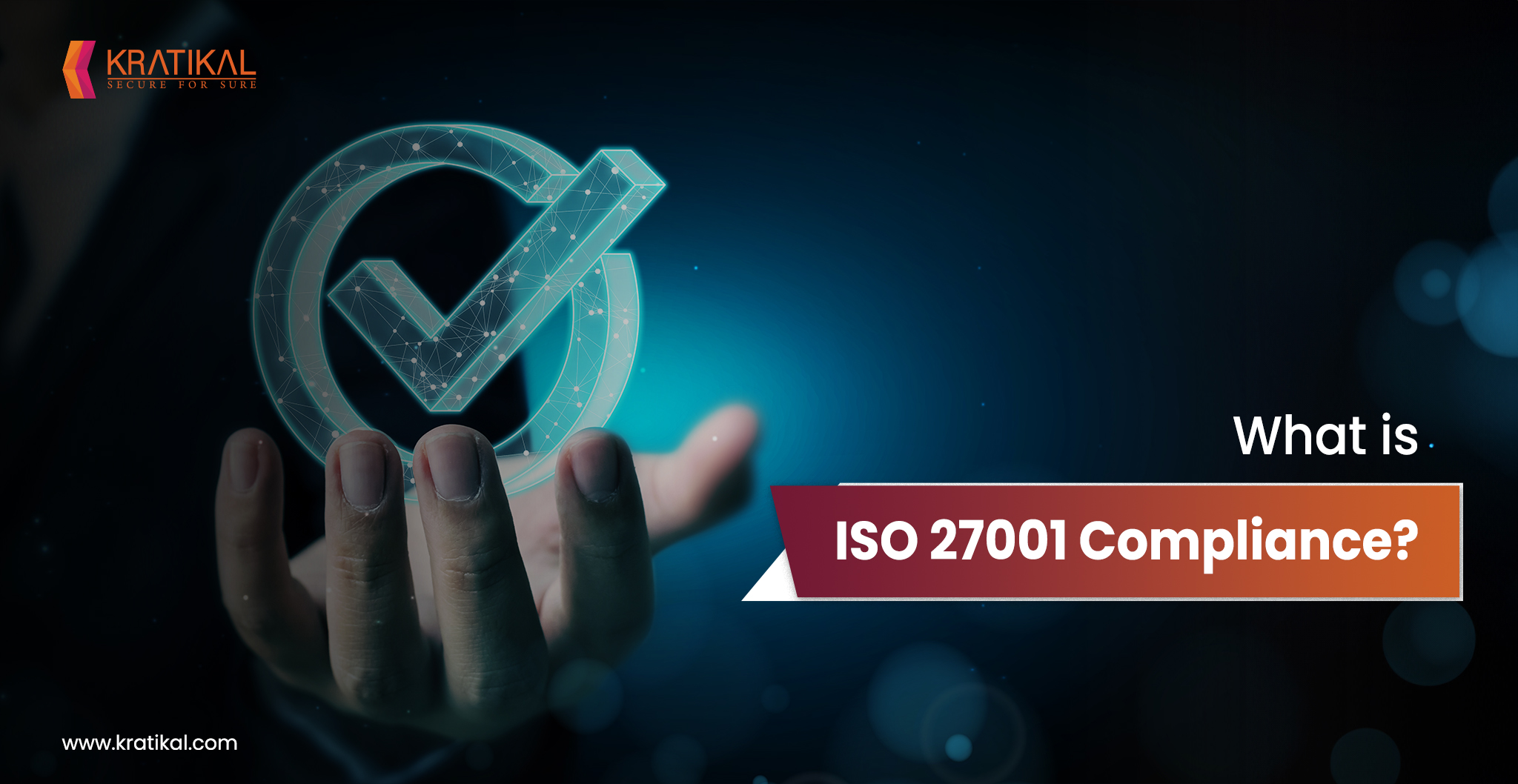
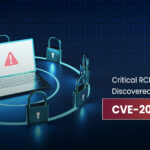

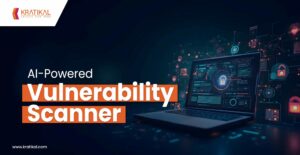
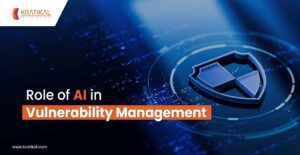

Leave a comment
Your email address will not be published. Required fields are marked *